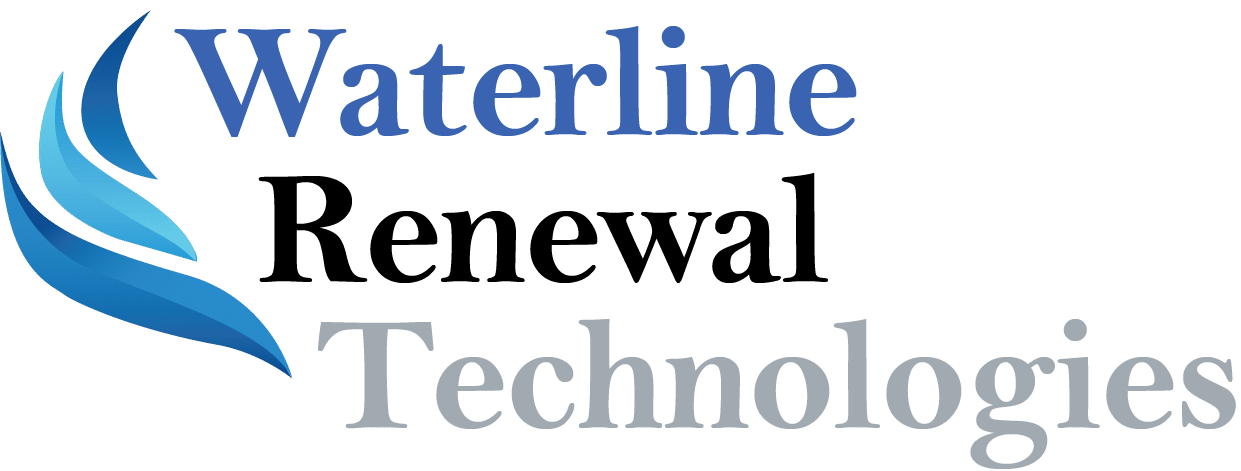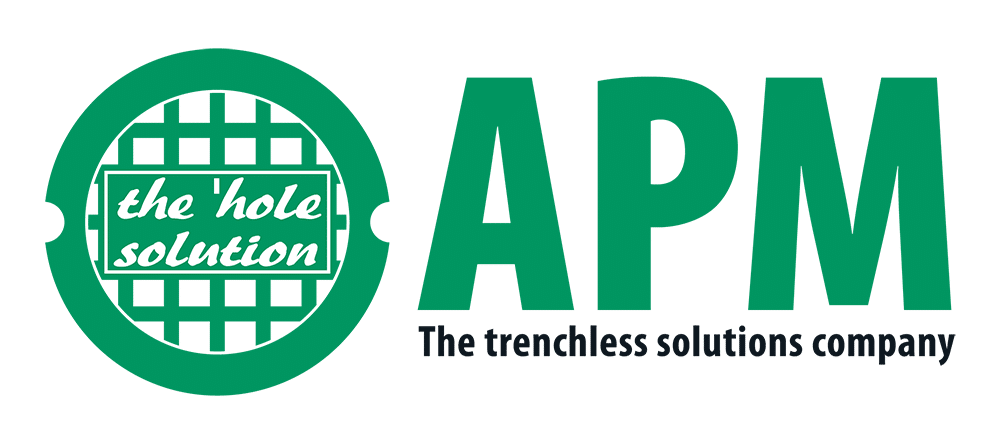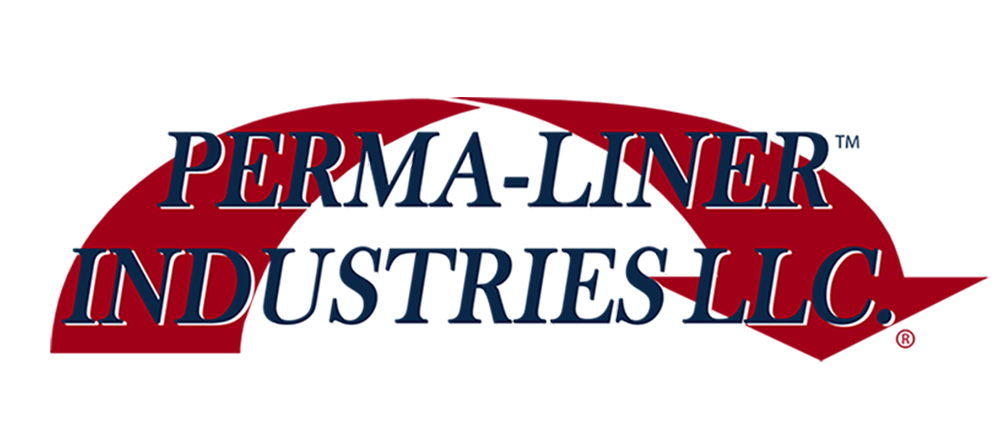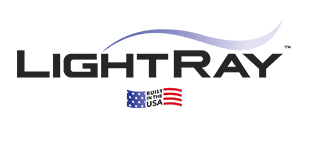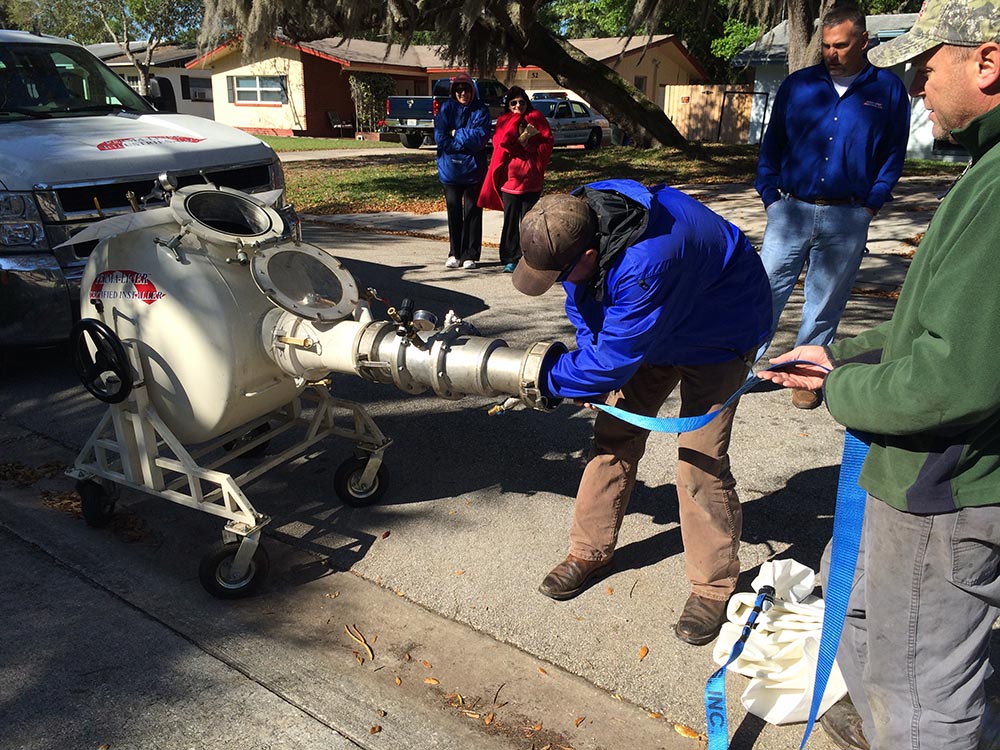The city of Briar Creek is actively measuring the consequences of rainfall in the densely-developed area which is likely to fall on pavement or rooftops. All of that storm water runoff increases pollution and the risk of flash flooding. The city is looking at alternative measures for reducing pollutants as well as substitutions to common chemicals that discharge into surface waters. Some of the best practice guidelines to consider for natural pest control are to keep yard as natural as possible by using less grass, more trees, ground covers, flowers, and mulches. Choose plants that are native to the region, as well. These plants are heartier and more resistant to pests and diseases than exotic varieties. Use plants that are well suited to your yard’s habitat. Consider drainage, sun exposure and soil type when making your choice. Prepare a healthy soil base. Test your soil for pH and nutrients. A soil test kit can be picked up at the County’s Cooperative Extension office. Add what is needed based on results. Add compost and organic fertilizer to your garden each year.
For lawns, aerate soil, overseed, and top-dress with compost. It’s also a good idea to use natural pest control products. For instance, horticultural oils. A safe alternative that has been used since before the pesticide revolution. It is popular for controlling pests on ornamental plants. Insecticidal soap. A safe chemical for controlling aphids, mites and whiteflies used by many greenhouses. It works by impairing the waxy layer of the insect’s exoskeleton and eventually kills the insect. Neem seed extract. Derived from the Neem tree in Africa, it works as a repellant, growth regulator and insect poison. Diatomaceous earth. Derived from fossil remains of algae, it is used for insect and mite management. Most of these products can be found at a local nursery or hardware store.
